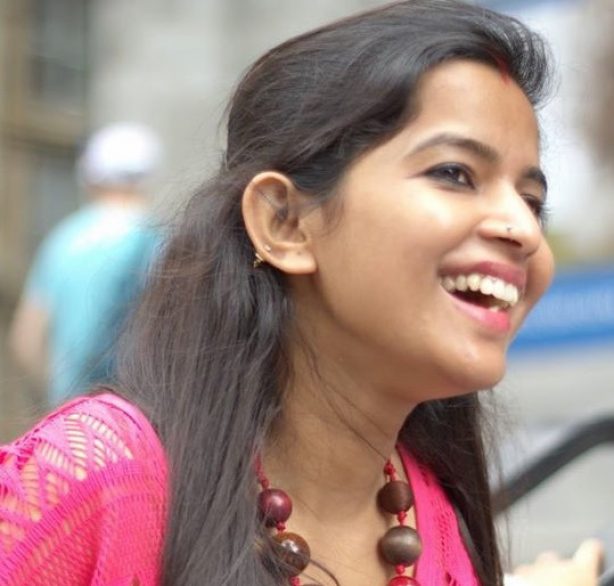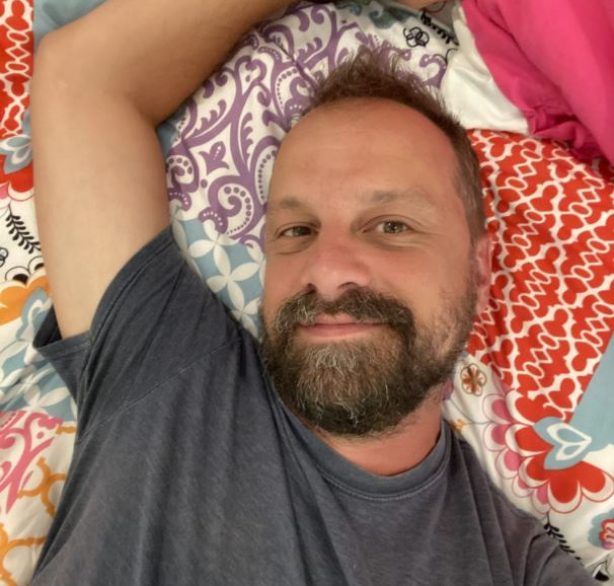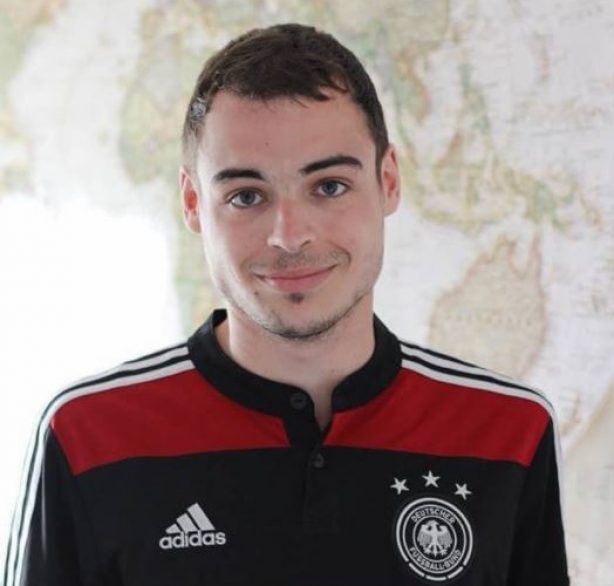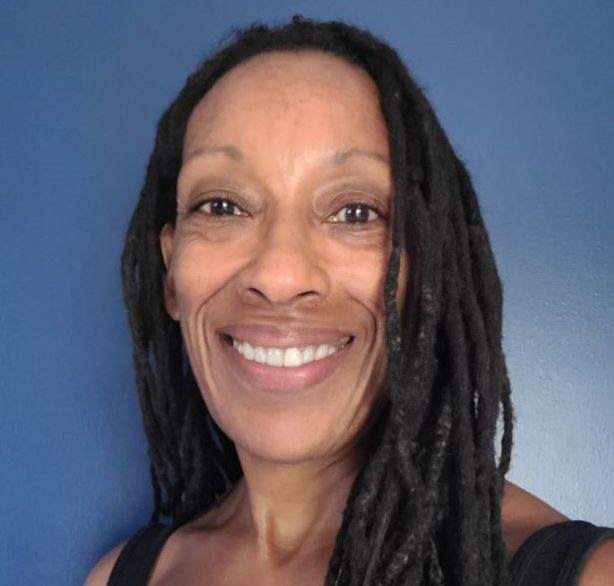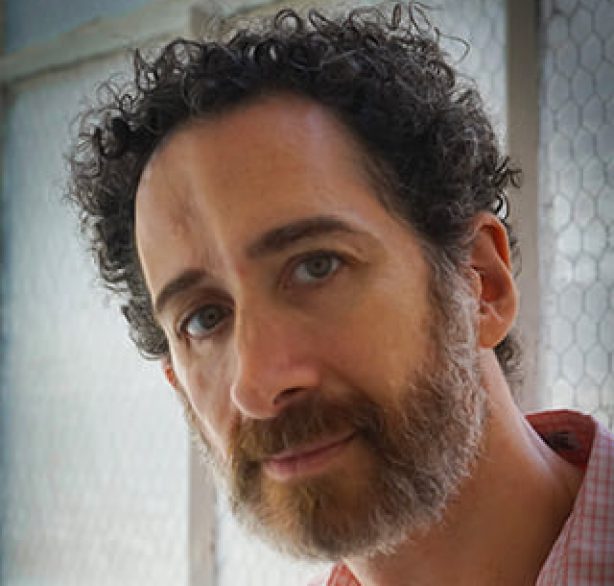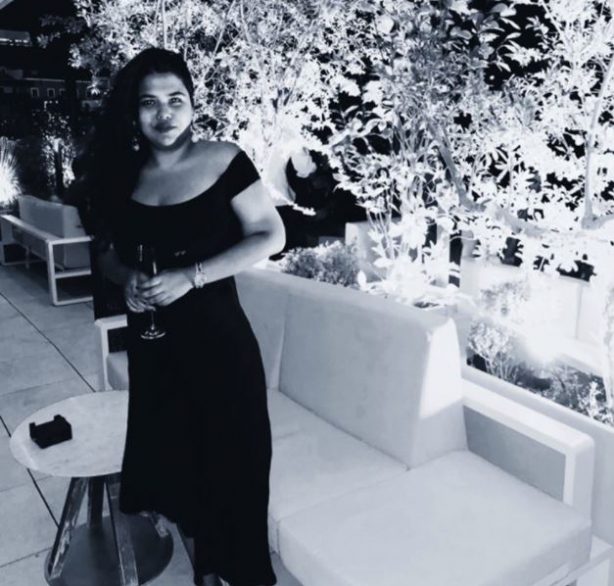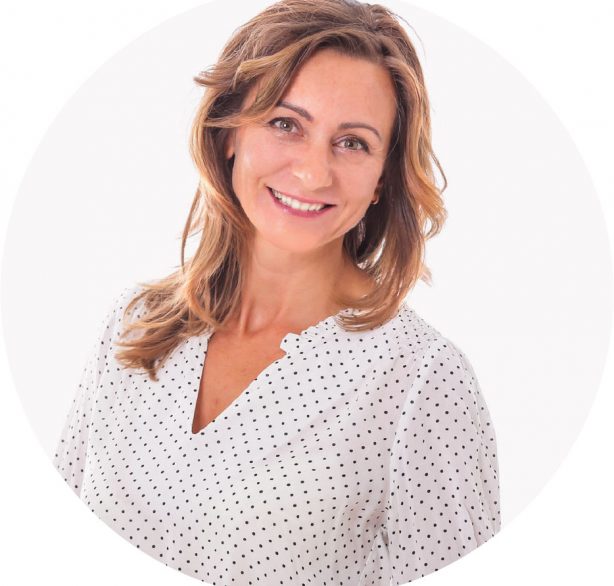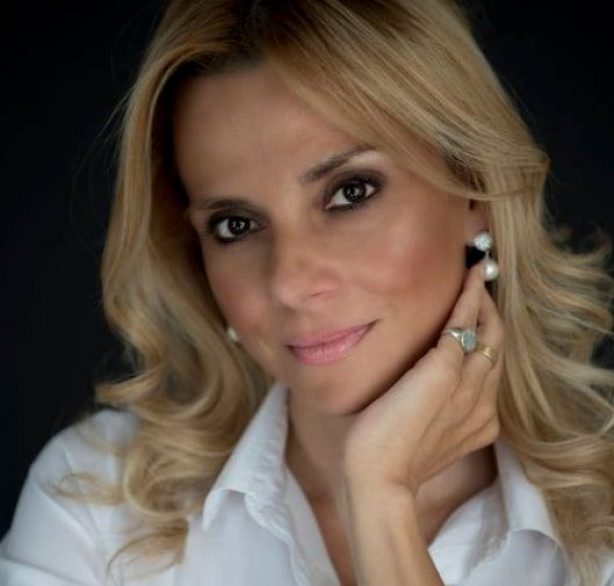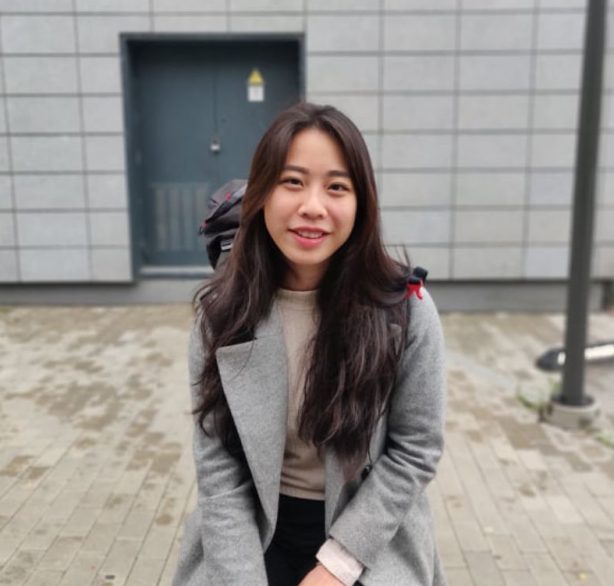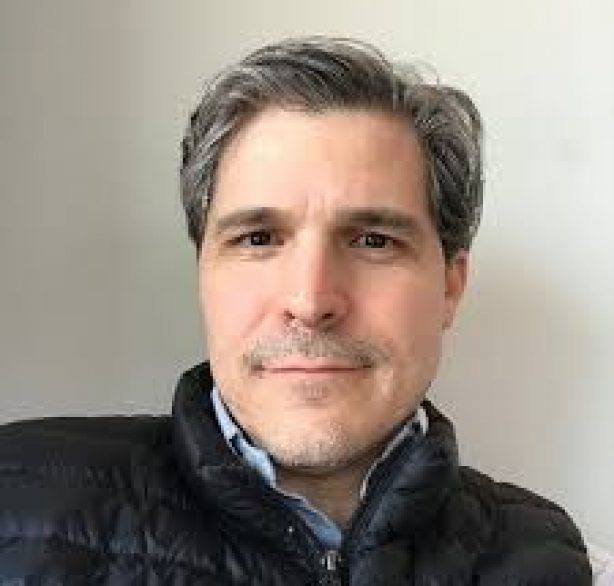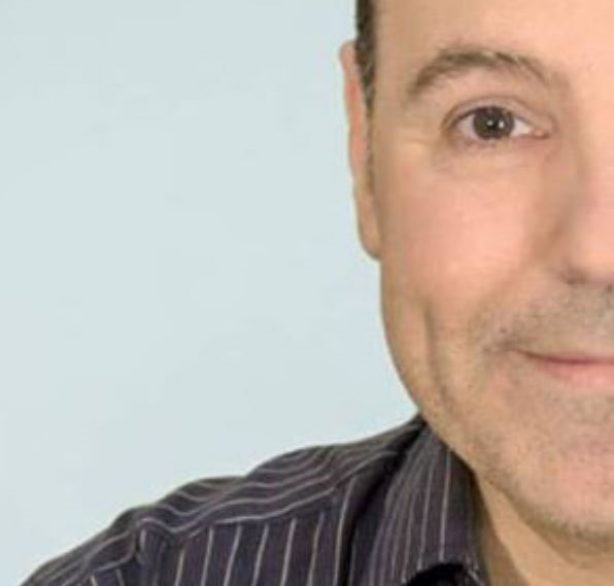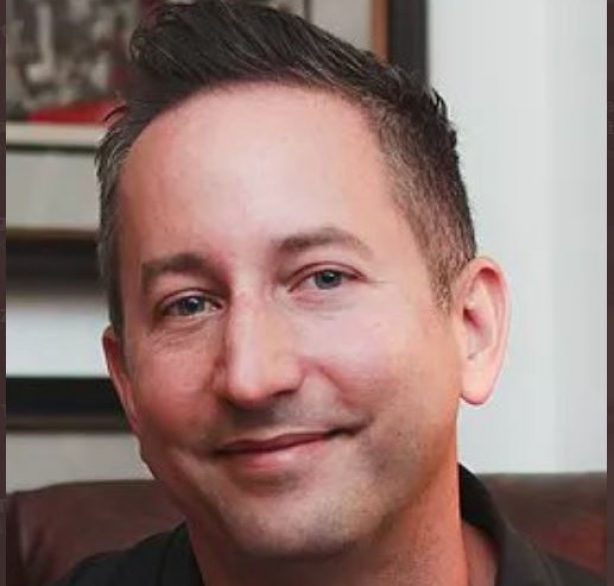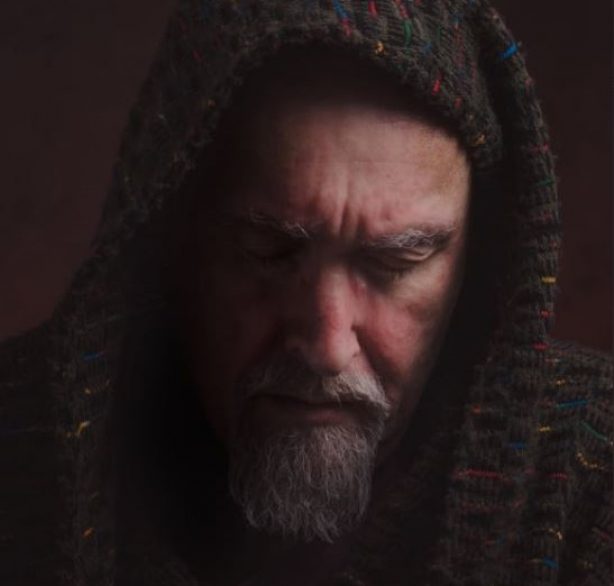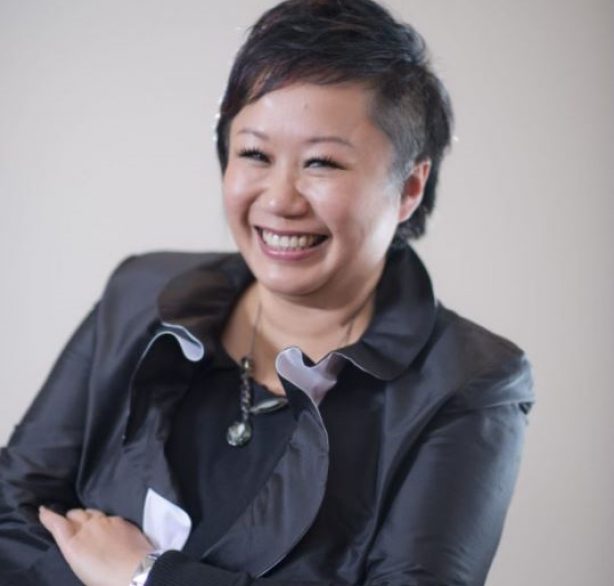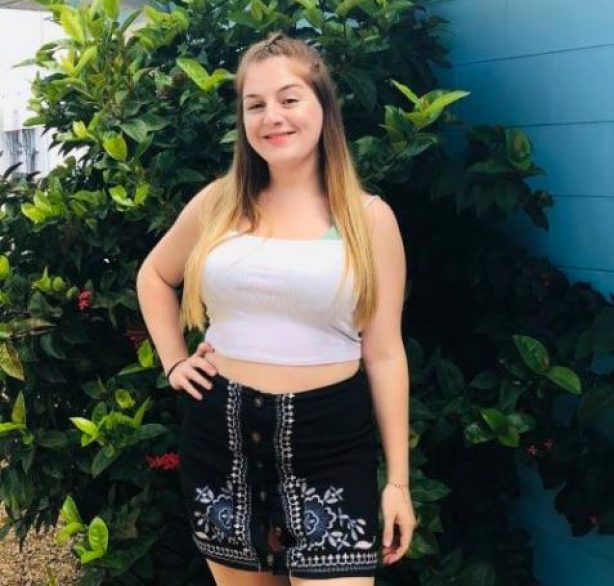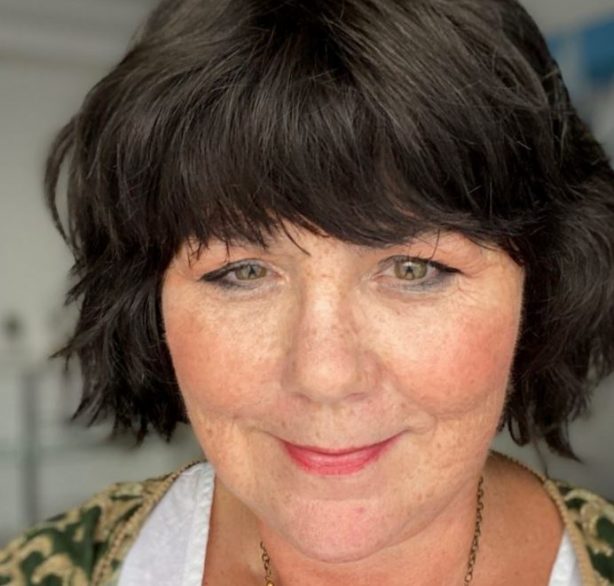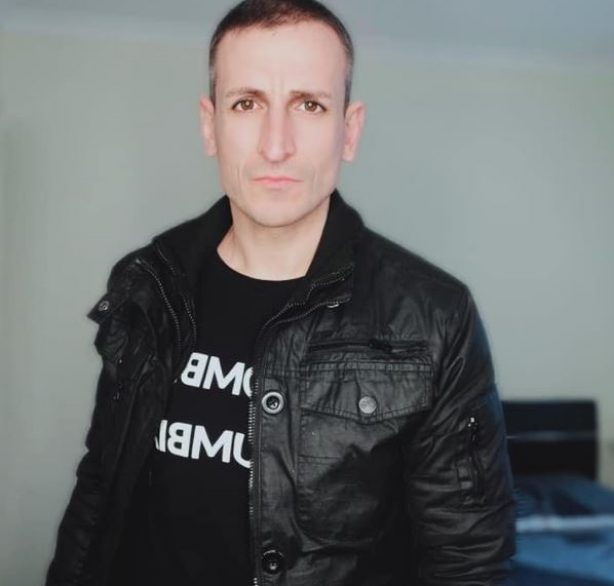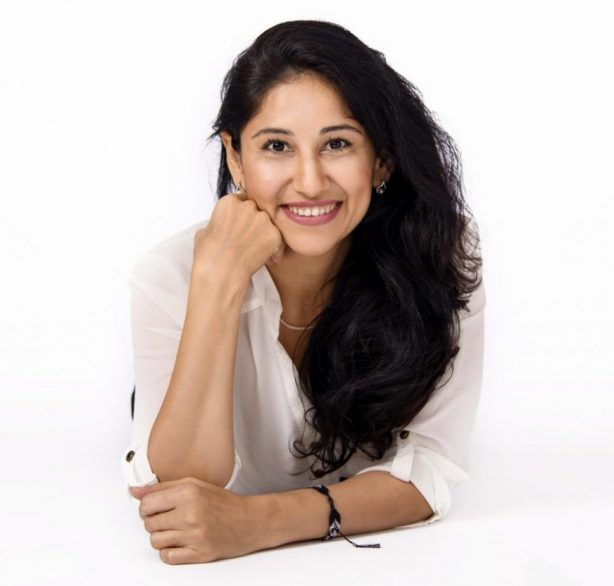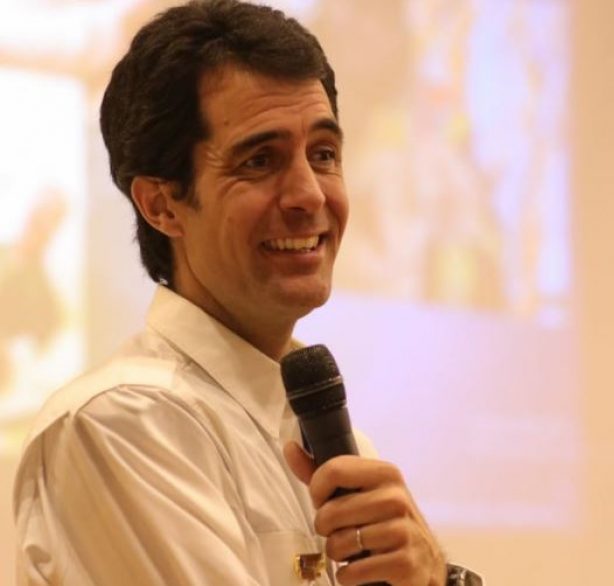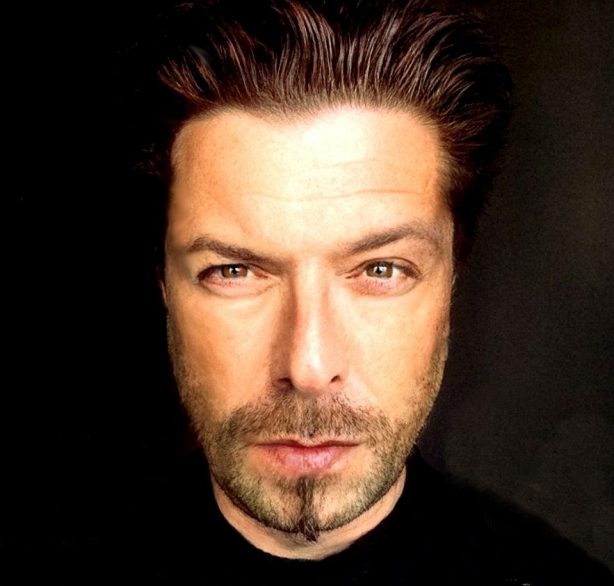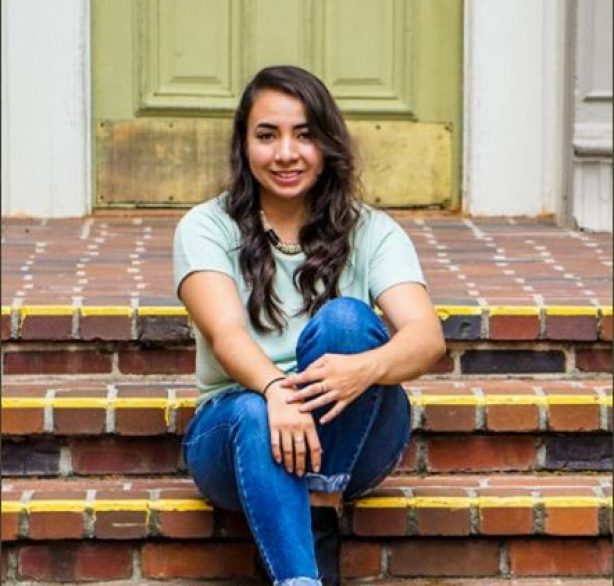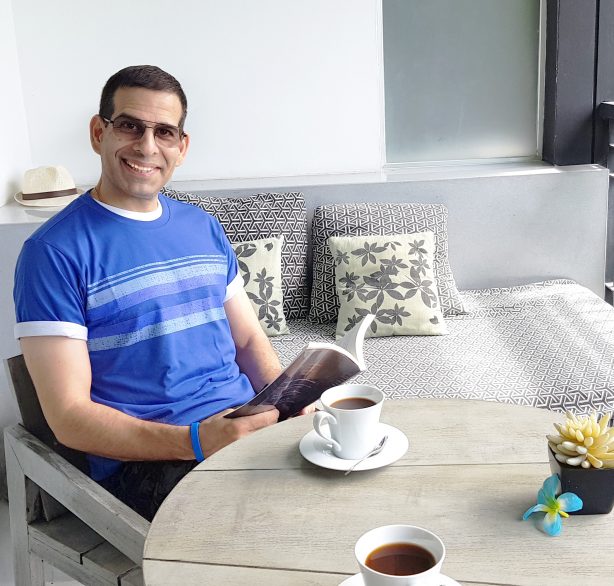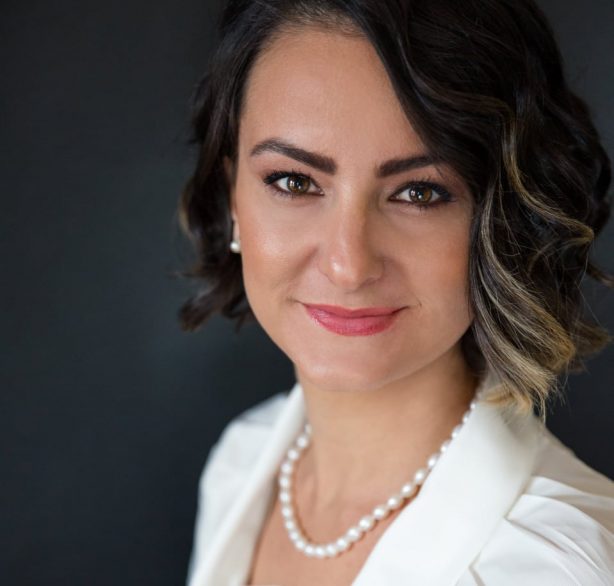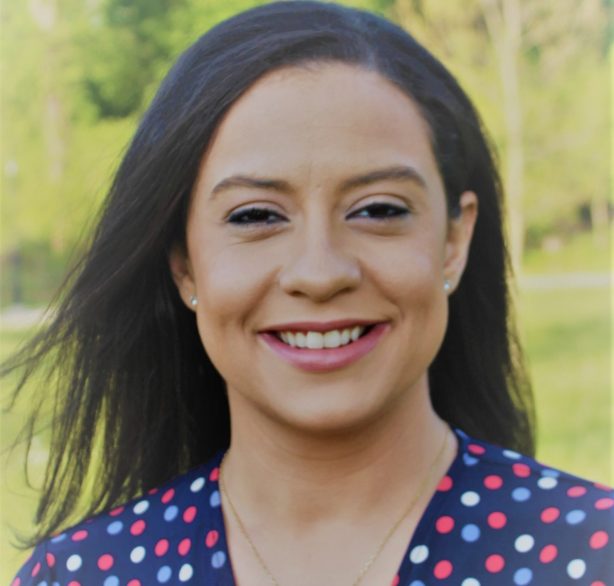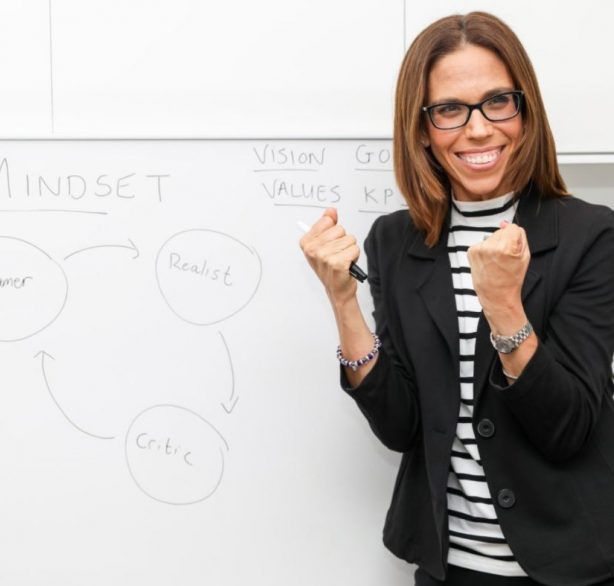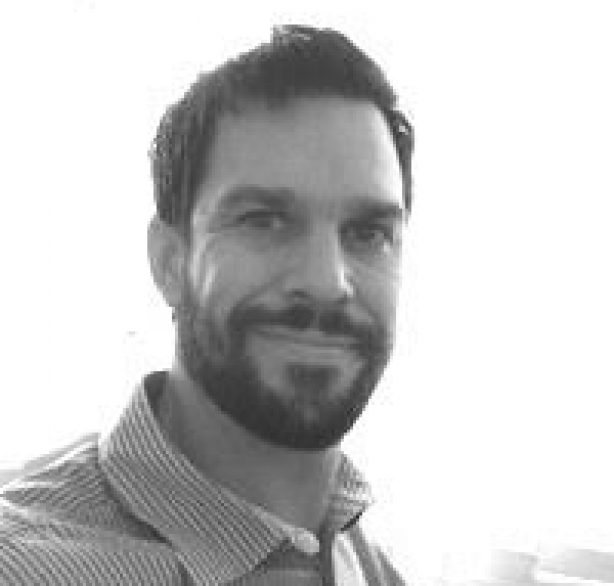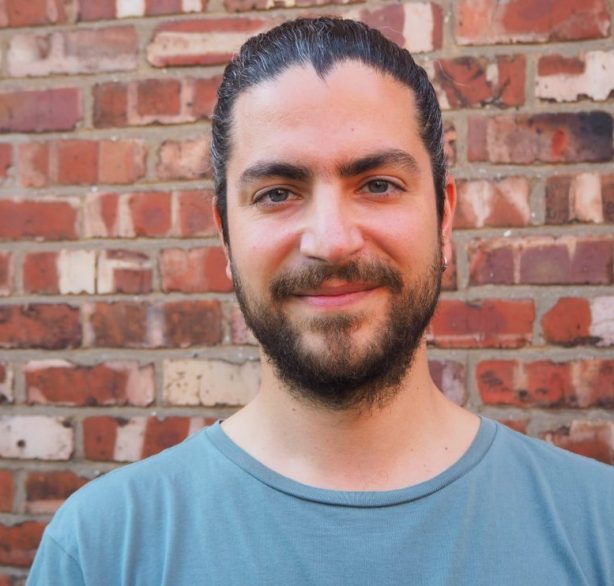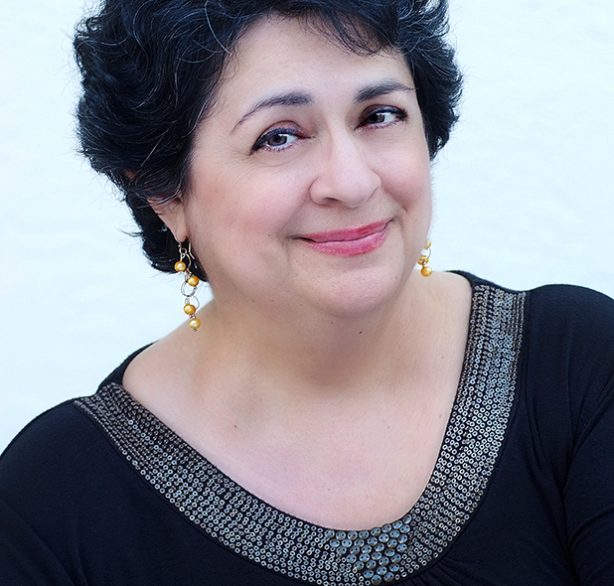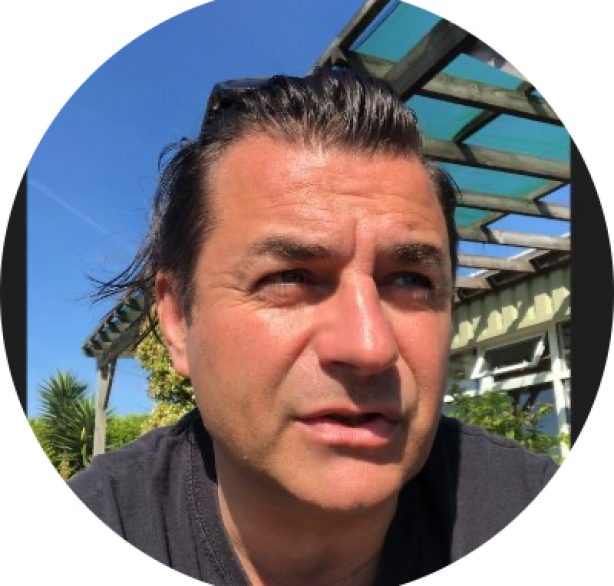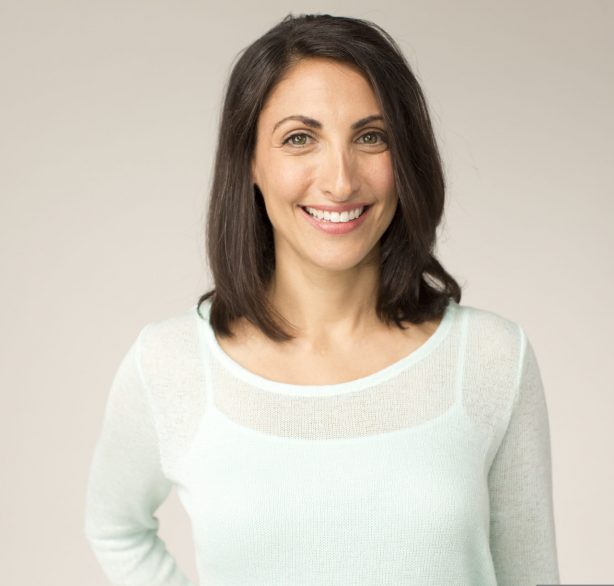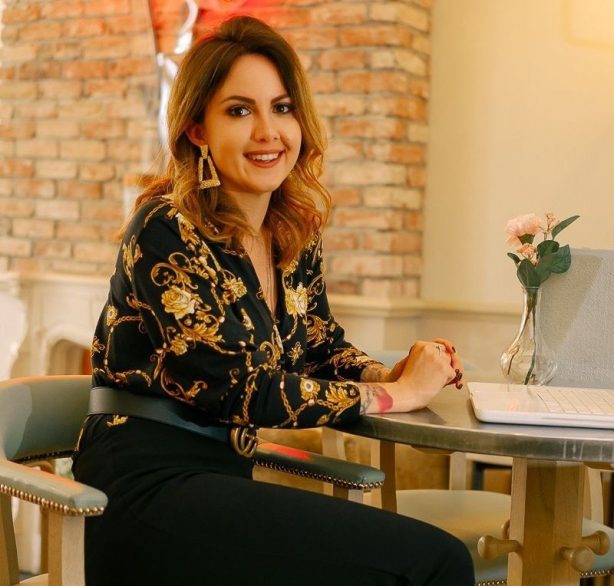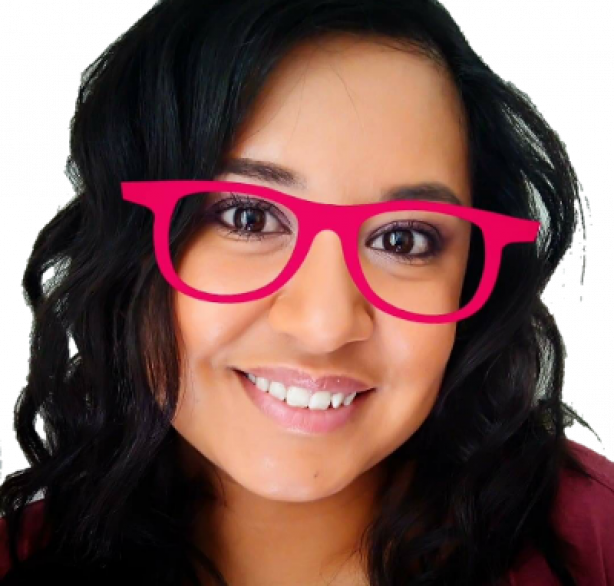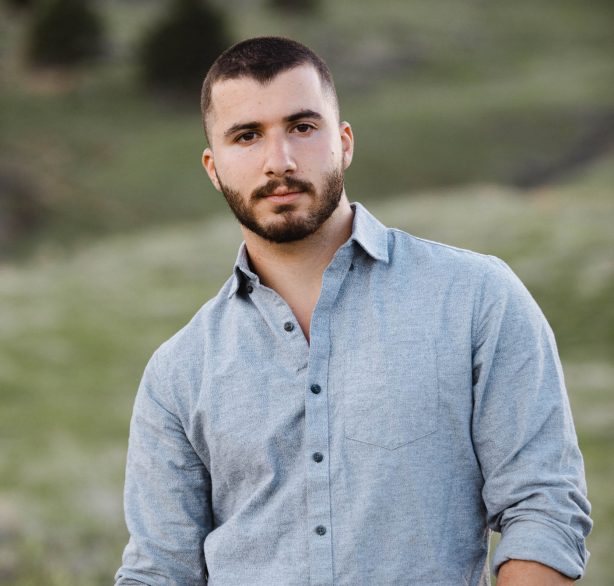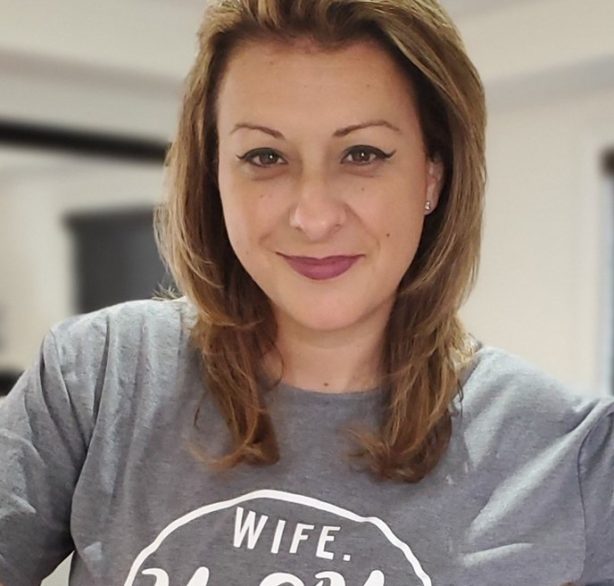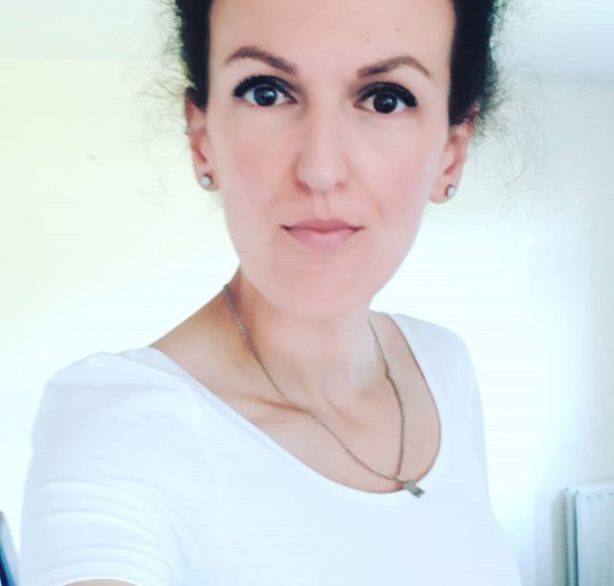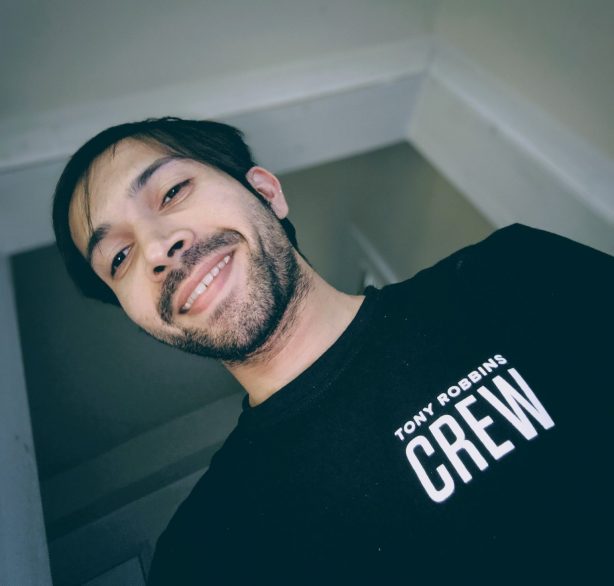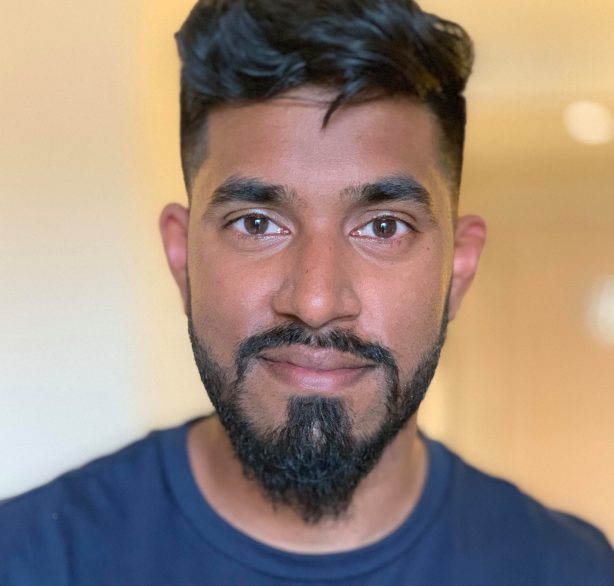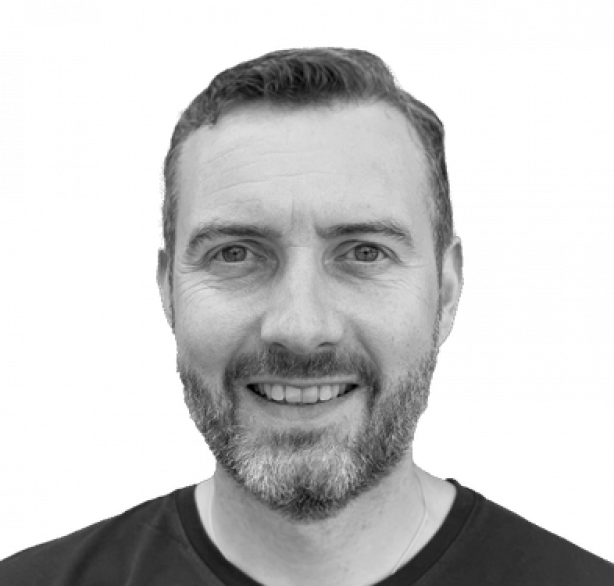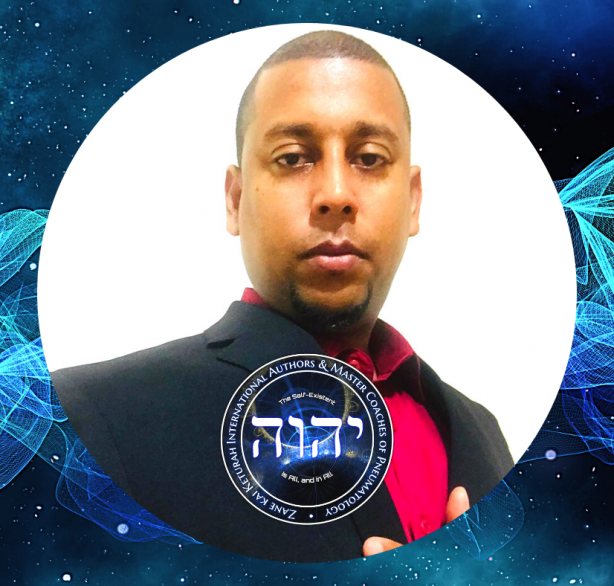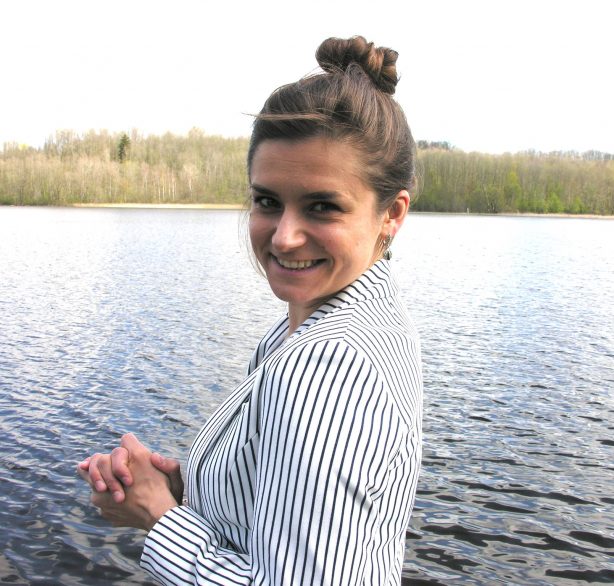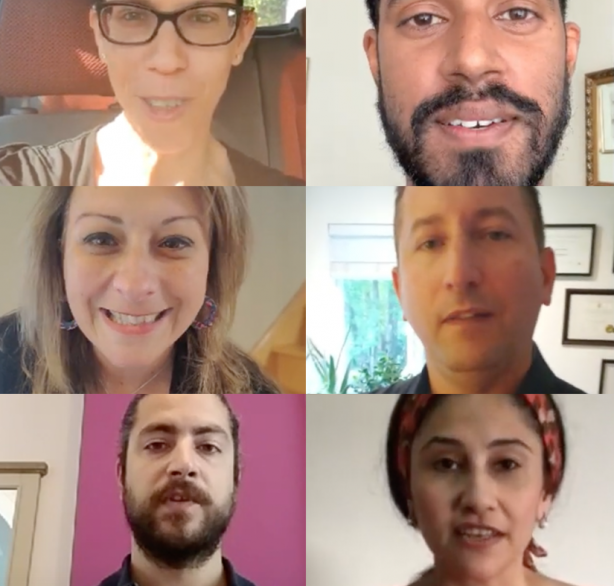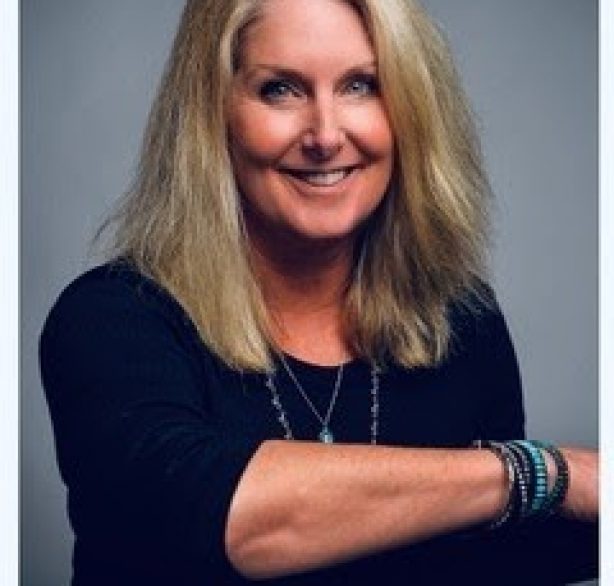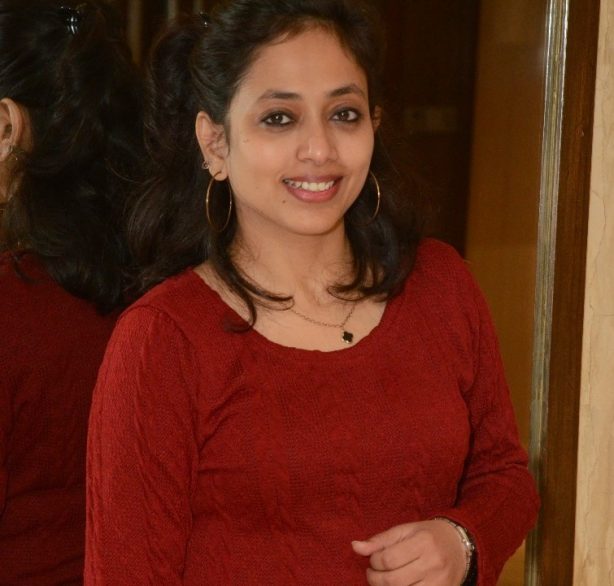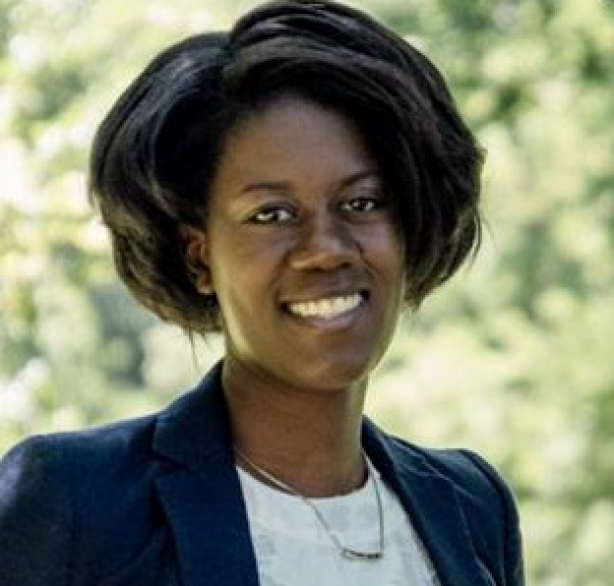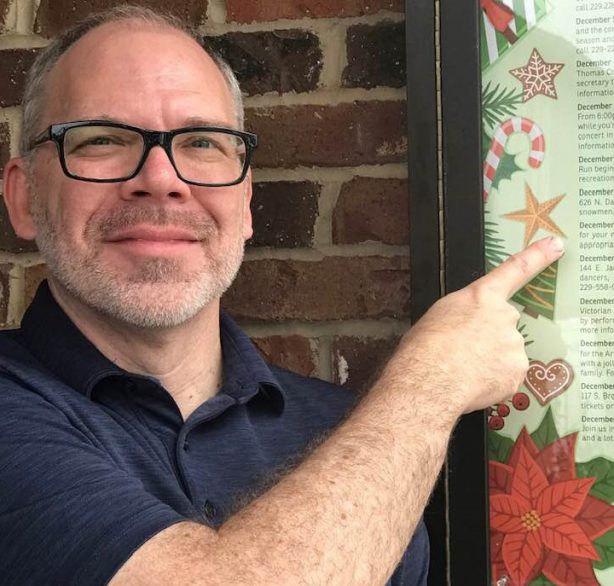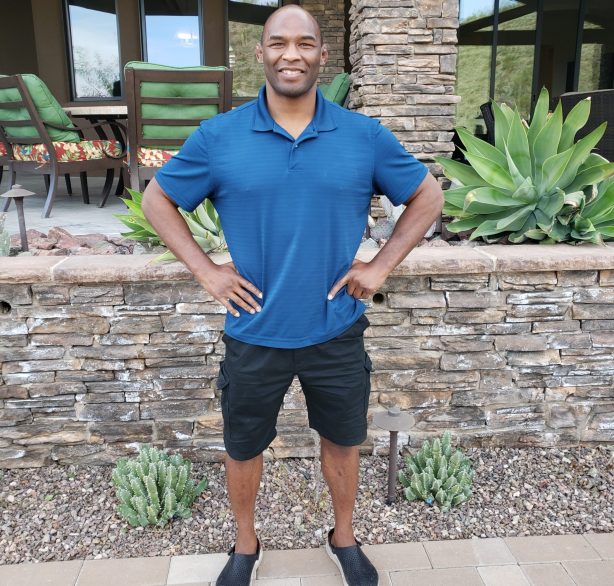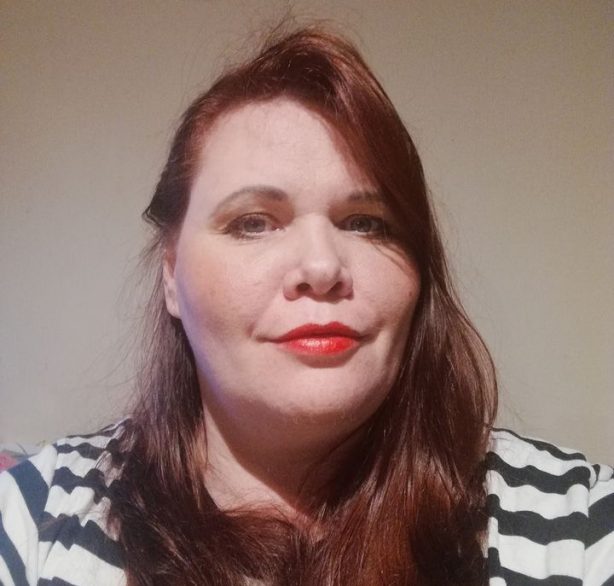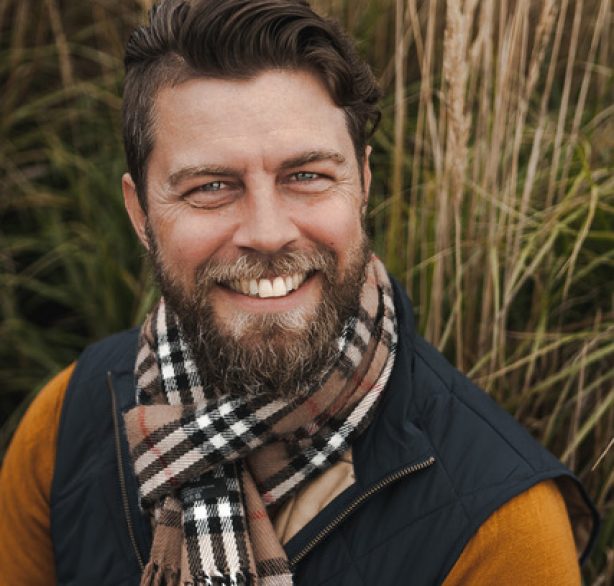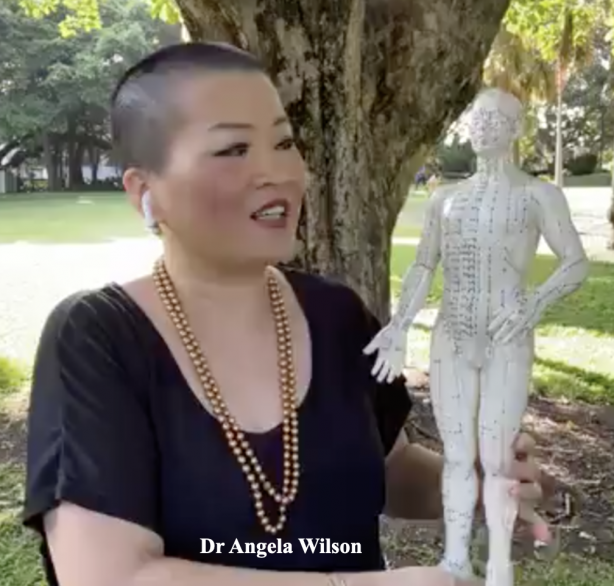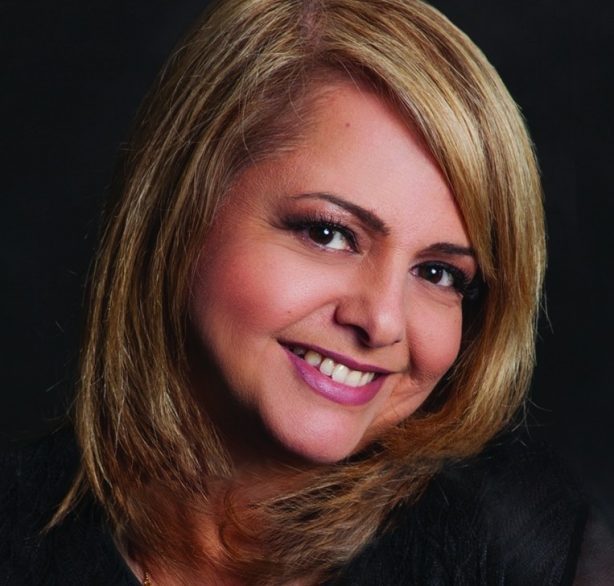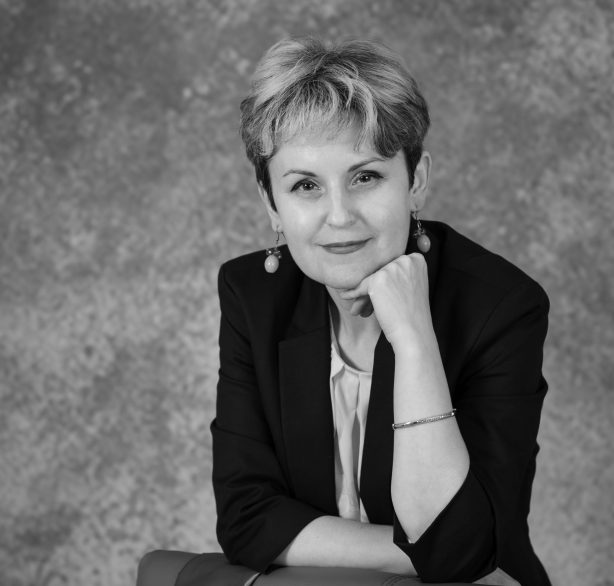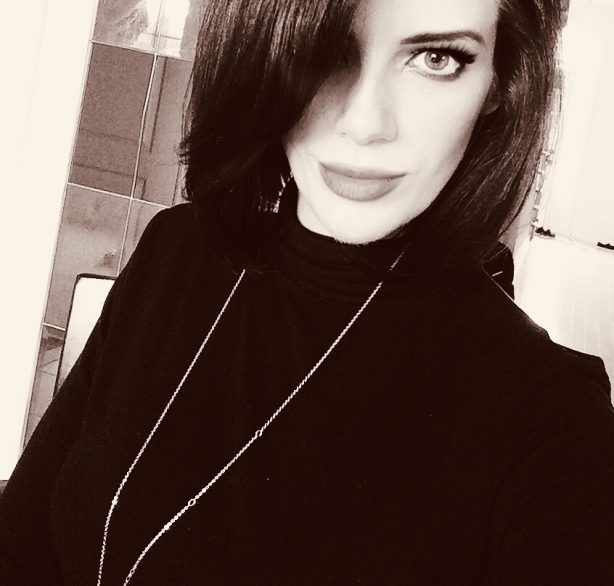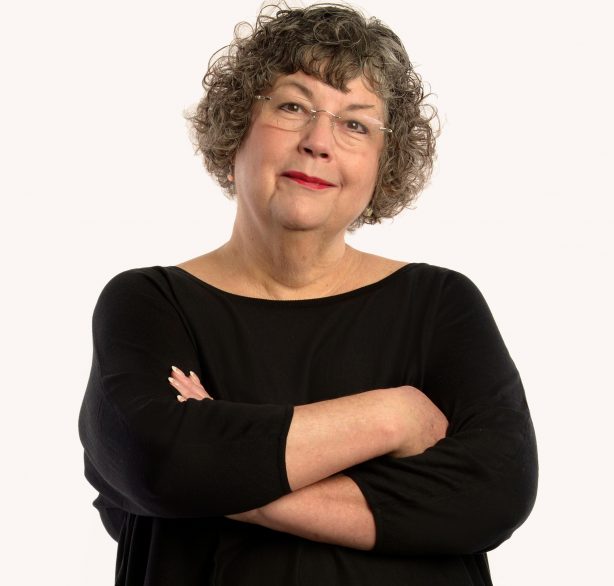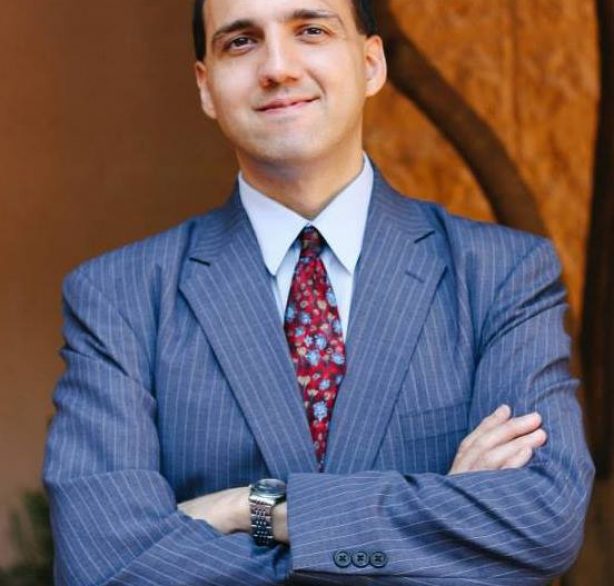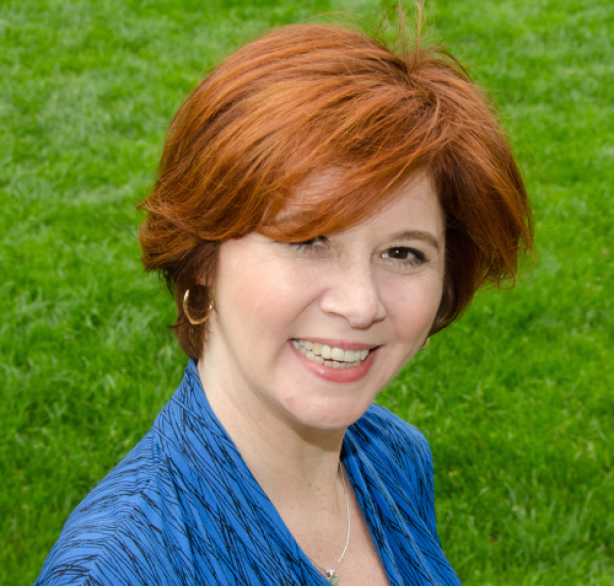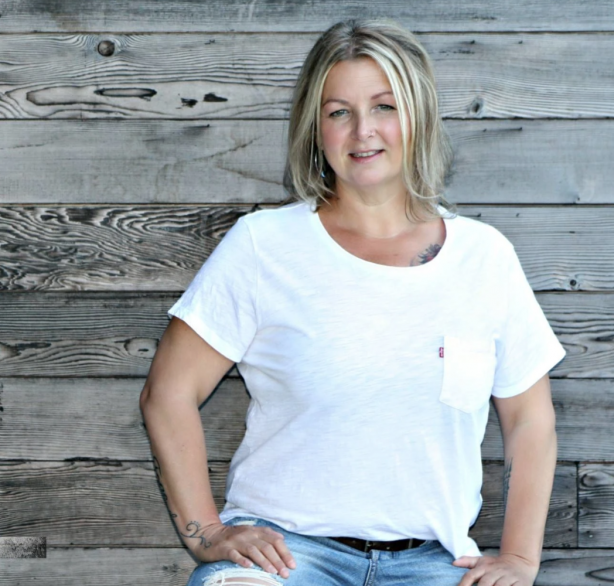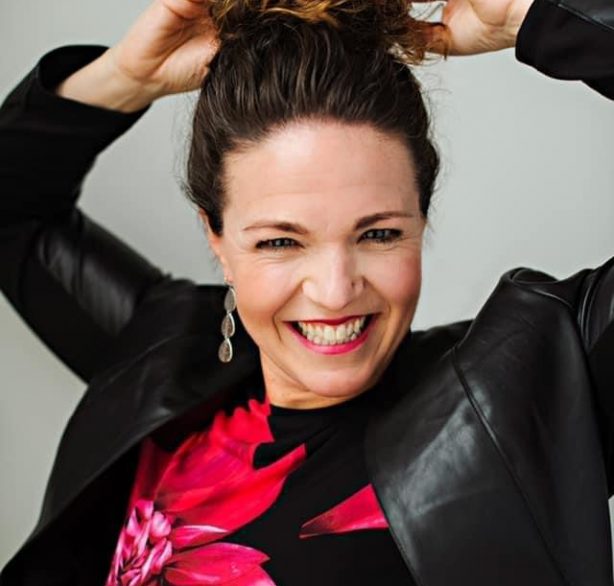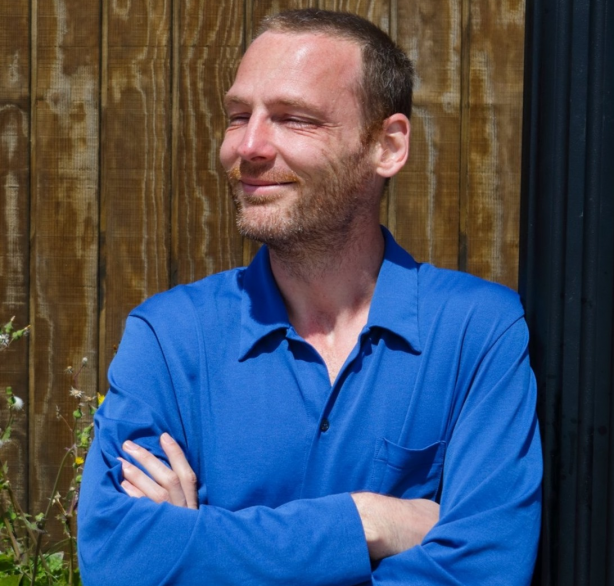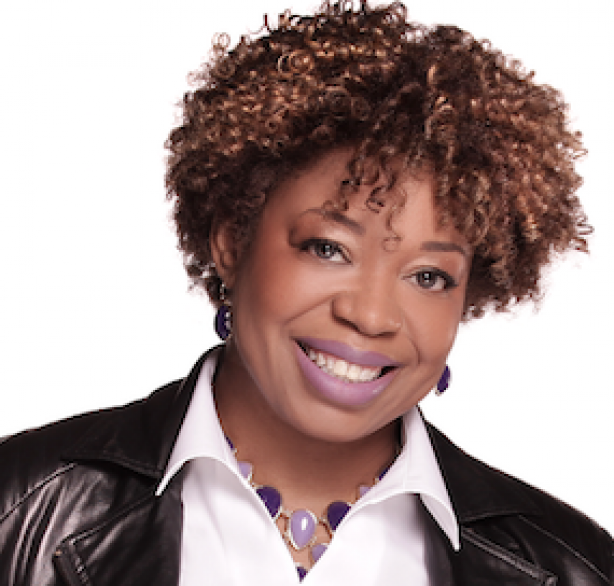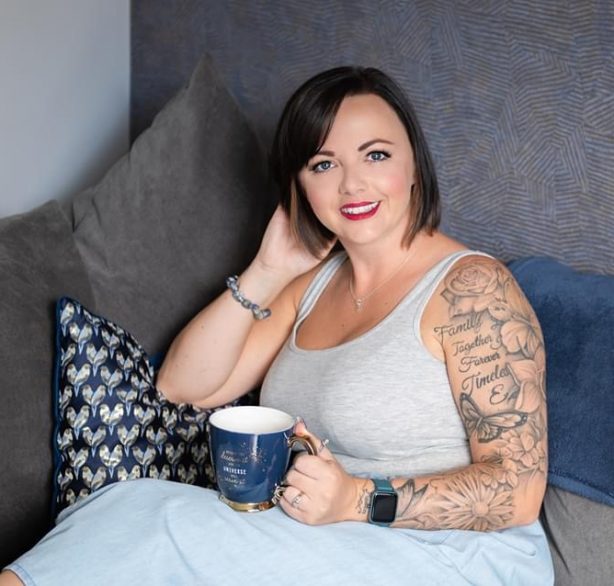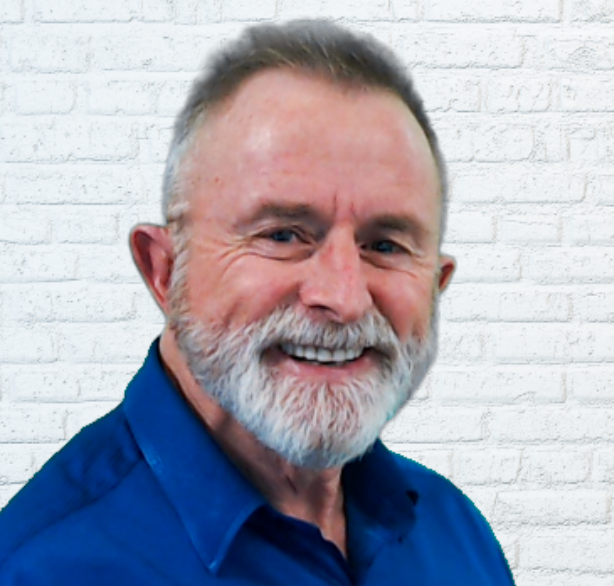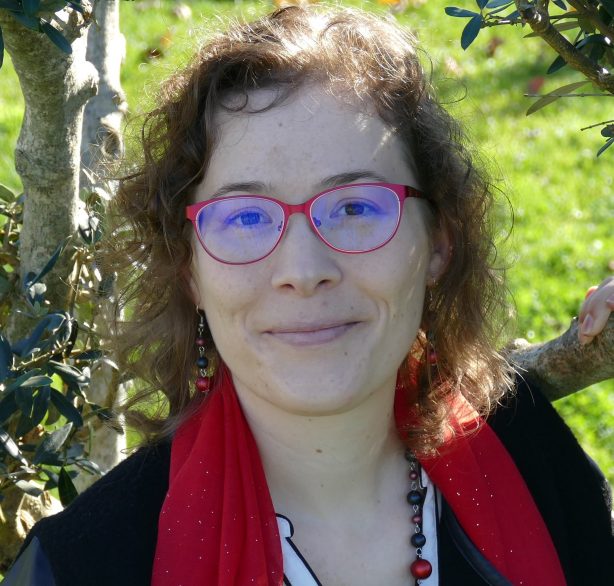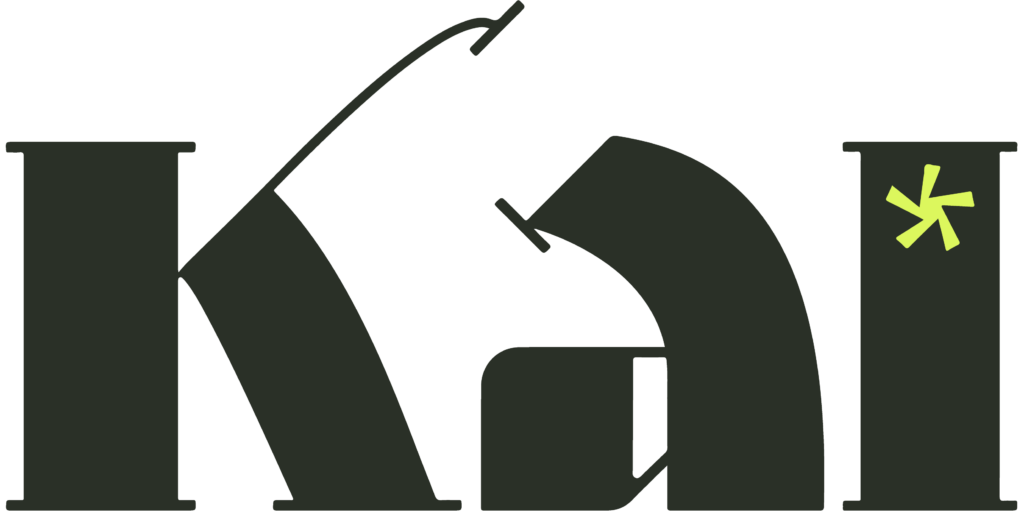Watch the full and inspiring interview with James
If you prefer reading, here is the transcribed interview
Ziv: James, I’m so happy to have you here with us in the Kai interview, welcome.
James: Thank you very much. Really glad to be here.
Ziv: Great. So let’s start by telling us a bit about you.
Andi: Yeah, sure. So I’ve got a relatively interesting career history. I have 10 years of paramedic in London going to major incidents and then seconded into Olympic command team. I’ve been an emergency planning manager dealing with disasters all over the country. I’ve been a manager in health care, private health care.
And within that, that’s where I began my coaching life. I’ve worked at a university and now I’m a full time transformational coach. So I’ve jumped around a bit, got all sorts of different experience with people from the man on the street right up to lords and ladies in the houses of Parliament. I’ve spoken to them all and I really like talking with all sorts of different people.
Ziv: Fascinating. So in a way, you’re into disasters.
James: Yeah. So that stuff, I’d say my background. And then as I’ve sort of evolved through my career, I’ve learnt that actually what it was was dealing with people and speaking with people. So, on an ambulance, taking it back to the very basics. You’re dealing with another human being and you’re having a really important interaction with them when they’re probably one of the lowest points in life.
And everyone’s different. And I really value variety and different opinions and different people being from all walks of life. So hence going from that side. Yes, there was the disaster stuff and it was exciting. I’m not going to lie, but it’s really about the people I’ve discovered over the years. That was why I was doing it. Rather than being the gung ho hero, I was meeting lots of different people and discovering stuff.
Ziv: In a way, we love to call the difficult things in life challenges nowadays, but we are all going through minor disasters throughout our lives, depends how we frame it, you can choose where you want to to make a difference. And absolutely transformational coaching, transformation, change, one of the most difficult things I think we can go through. So how do we start?
James: How do we start?
I always say the most important place to start is being self aware of who you are. Share on XIf you don’t know that, then you can’t step back and view yourself and what’s going on. Otherwise, you’re just living in your own little bubble and you’re never going to understand what you need to do to take yourself to wherever you want to go.
The key thing about transformation is understanding yourself first. Share on XAnd if you can do that, you’re pretty much halfway there. It’s then just a process of keeping change happening in whatever way you want it to. So I tend to do a lot of work on values and strengths and weaknesses and really dig into who the person is when I speak with my clients and what makes them tick. And when I focus on some people may come to me for career coaching, I really work out for them what are the key things around their personal values.
And then if that will translate well into whatever it is they’re thinking of doing and if there’s a sort of a clash there, then it’s probably not going to be the best career for them. So, change, I always see as a positive. Obviously it can have negative connotations, but I think, you know, that change is as good as a rest. And certainly that’s true for me. It’s just taking that change and putting a positive spin on it that there’s a new opportunity or something is going to be different, that you’re going to learn something new.
My whole life is a learning process and I will never, ever stop learning. Share on XAnd I think if you can approach it in that way, change, transformation, it becomes interesting. So, self-awareness (intelligible), they’re the two things I think that are really key.
Ziv: So you say that to be aware, it’s like it’s a starting point, because without that, we don’t know who we are, where we are, we want to go. And then you talked about values and exposing the difference between our values and the way that we behave, we act.
James: So let me try and think of an example. Say you have a, I don’t know, a corporate banker who says that their core value is compassion and something else, but maybe the what they’re doing and what they’re their core values say about them doesn’t necessarily match up. And I’m not having a go at corporate bankers here. I’m sure there’s very compassionate ones, of course.
But that’s just the first thing that came to my head. It’s just being able to spot the the differences and maybe the contradictions where someone says that this is my core value. But actually what they’re doing doesn’t necessarily show that they’re living that value and that maybe where that change could happen or if it’s not, they’re not possibly happy with what they’re doing because there’s that contradiction or that sort of clash between the values and the reality of where they are.
Ziv: So we discover a difference between our values and how we actually live our lives. And I guess then there’s an action we need to take. What’s the next step?
James: I tend to understand where they are and if this goes back to the really simple GROW model. So, this goes back maybe 20, 30 years, this model of coaching. And it’s it’s finding out what they want as well. So you find out where they are, what their goal is, and that’s really important where they want to go. And then you’ve got the current reality. So who they are, what the situation is at the moment.
And then then we start to look at what their options are. So you could go down this route, you could go down this path, or you could go down this path and you start to explore those with them. And ultimately, you then ask them, what will you do? What are you going to do about that in order to get from here to here? And it’s a very simple model, but it’s really, really effective if done well.
Ziv: So it’s really simple. And I want to give you, like, even simpler script and hear how you would approach it. So most of us would easily say, for me, it’s important to be healthy. Right. Like it’s super easy for most people. And most people will tell you, I know what they need to do.
Let me exercise a few minutes a day and just eat healthier food and they know it can improve my health dramatically. They necessarily don’t do it. Most don’t do it. And the gap between “OK, so I understand what they want and what they need to do, then actually take the action”. How do you help with the gap?
James: So I think it’s key to understand why they’re not actually taking the action. And if they know that they should be doing it and they know that it’s good for them why they’re not doing it. And it could be for a variety of reasons. It could be to do with they’re not committed to it.
They kind of know, but they’re comfortable where they are and they don’t want to put themselves into stress and pain of getting to that place because maybe they’re unfair to or maybe they really like pizza than they like salad. So it’s looking at the sort of the things that are keeping them where they are and stopping them starting the journey. And often that’s around fear. Taking that first step is the hardest part, I would say.
So it’s understanding what’s holding them back and then helping them to understand actually fear is a good thing because it’s your brain’s way of saying there’s something beyond there. And our old brain that goes back to our ancient times is always trying to stop us from getting hurt or damaged in some way. And it’s fearful of what will happen in the unknown future. So it says, no, no, don’t change.
This is quite comfortable. This is nice. This is good. Let’s not go beyond that. So when you feel that fear and uncertainty around the future, I always say take that step, because that’s a good sign that something good is going to happen and something new is going to come from it. So, understanding what’s holding them back and then you start to work on those things.
Ziv: I want to jump here, OK, because you talked about a few really, really important, interesting things. So I want to stop and ask about the pain. Because when most of us it’s some level of pain, we will just take action. It’s that’s why pain is there. It really drives us to take an action. But for most people, in many cases, the pain is not strong enough.
So my love to pizza is stronger than my pain of being too fat or not that, so I’m not super fat and I’m not really sick. I’m not that healthy as I wish to become. So the pain is not strong enough to me. Say I won’t touch pizza or I really eat it only once a month. And I think that like when in the extremes it’s relatively simple.
But when it’s not that difficult, when the pain is not that strong, it’s there. Our life, my life is not that bad. Yes, but it’s also not as good as it could be. So what will make me get up from the couch, put the pizza aside and take action?
James: Yeah, and it’s going to be different for every individual, but like we were talking about previously,
It's about these habits and starting a daily habit, but you've got to start it. Share on XSo it’s helping people to just take that first step. And that is probably the biggest step of all. And so I guess the pain, peace around that is you could show them what the future might look like if they don’t do that or if they carry on the way they’re going. And coming from a health care background, I’ve seen people who haven’t made that change. And sometimes it doesn’t end well for those people.
So you don’t want to scare people, but you just want to show them the options of their future and what the benefits are and what the non-benefits are not doing it. And then just help them start that journey and then small incremental steps. And sometimes I think people see that end goal is way too far in the distance and unobtainable. And even if it’s like just to get a bit more healthy, they see this huge gap in between where they are and where they want to be.
So it’s breaking that down into tiny, tiny little pieces and taking it one day at a time push, just gently pushing and pushing and pushing and have an accountability partner may be the sort of if they have a bad day and they haven’t done it, maybe there’s someone on the end of the line at one end of the phone just saying, how’d you get on today with your exercise? And I haven’t done it today. OK, well, let’s look at why you haven’t done it. And then how about you do it?
Let’s do it. Come on. Keep going. Keep going. So just having that that person that’s going to hold them accountable. Just push, push, push, push, push in a gentle and supportive way. And some people may want a really forceful push. Others may need a bit more support, a bit more gentle sort of coercion into carrying on because they ultimately they want to get to their goal. And if they need help to do that, then that’s what we as coaches are here for ultimately.
Ziv: That makes perfect sense. So, James, we are approaching the end of this interview and they wanted to ask you one question. I didn’t ask when they should have.
James: I would have asked me what makes me a great coach.
Ziv: So, James, I have a question for you. What makes you a great coach?
James: Ok, so we spoke about fear earlier. And I’m someone who understands that I have fears and that they are scary, but I always try and embrace them. And whenever I see something that makes me scary, I sort of think, oh, man, I know I have to do something here.
And I know that it’s going to be good for me if I do it. So I I’ve lived that kind of experience and I understand where people are coming from when they have that fear. So I think that’s where I can really help people. I’m also not afraid to be vulnerable with people.
So if I’m not sure about something, I’ll just name it and I’ll say it. And then we work through that together. So me being vulnerable allows other people to be vulnerable, and that builds a massive amount of trust, which is so, so important when you’re dealing with what can be quite sensitive issues sometimes.
So, yeah, those are my two coaching superpowers.
Ziv: Overcoming fear, which is a braveness and vulnerability.
Thank you for being vulnerable and be able to say I really want to thank you for this interview, your insight, experience and sharing with us. Thank you very much.
James: Thank you for having me. It’s been really great run.
Who are you?
I’m a career coach and life coach who works with entrepreneurs, leaders, career changers, stay at home parents and MBA students, amongst others. Clients seek me out to address challenges, transitions, growth and other issues that have left them feeling unfulfilled or stuck in their professional and/or personal lives.
I’ve developed a holistic approach to helping my clients. While they are initially focused on a single “problem” or “project,” I help them take a step back and understand who they really are and what they really want from life and work. Together, we examine what’s holding them back and then develop positive strategies for moving forward.
Paramedic officer, crisis management advisor, operational delivery manager, expedition leader (including an epic trip to the North Pole), Lifeboat volunteer. These are few of things I’ve been known as in the past. These days I’m known as a coach but the sum of all these experiences (and many other less exciting but equally as important ones) has made me able to relate to a huge range of different people.
I hold a Masters degree in Resilience and Emergencies, a Bachelor’s degree in Archaeology and am proud to be a member of the International Coaching Federation (ICF)
I’m a loving husband and a doting dad and can be found in the countryside or on the beach in my spare time.

